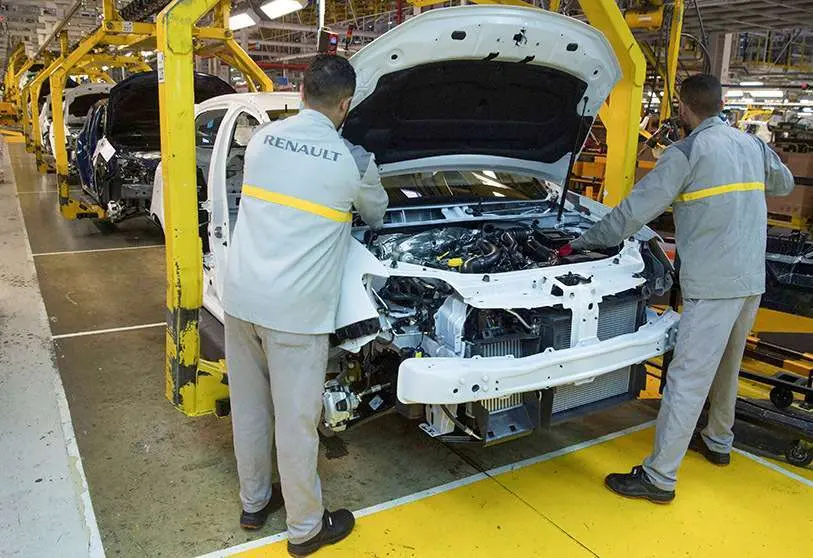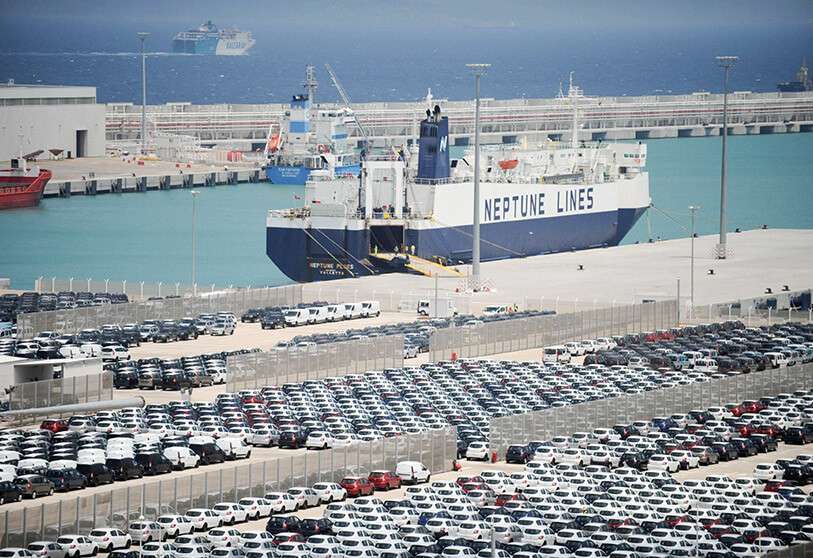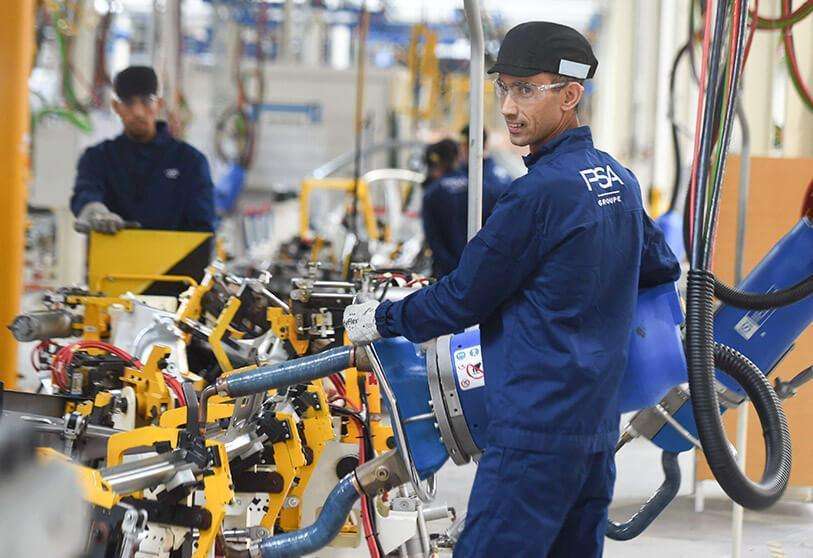Marruecos emprende el camino hacia un futuro eléctrico en el sector de la automoción

Tobias Wuttke's Policy Brief published by Copenhagen Business School highlights that South Africa and Morocco are the only African countries that have achieved significant success in integrating into the global automotive value chain. This is due to a number of factors such as access to a network of global suppliers, adequate infrastructure, good education and a highly skilled workforce. These two countries have also developed a local knowledge base, which has allowed them to gain a competitive advantage in automotive production.
Moreover, the Policy Brief stresses that the advent of electric vehicles presents a new opportunity for African countries to integrate into the global automotive value chain, as they require a special infrastructure that is still under development in Africa, meaning that African countries may have an advantage in developing this infrastructure before others. This could enable African countries to become important suppliers of components for electric vehicles in the future. In addition, it highlights car production in Morocco and South Africa, two of the most prominent countries in Africa. These two nations are the only countries on the African continent that produce cars and assemble them locally. Morocco's total vehicle production in 2022 was 465,000, while South Africa's was 556,000. In addition, both countries export the vast majority of their cars, mainly to Europe.

Morocco and South Africa have adopted different approaches in order to attract FDI in the automotive sector. While South Africa offers generous incentives for investment and the import of components, Morocco has focused on facilitating business in areas of FDI and investing in quality infrastructure. Renault has distinguished itself as an "anchor investor" in Morocco, while there is no automotive R&D in South Africa. The relevant models in Morocco are Renault's Peugeot 208 and Dacia Sandero, while in South Africa they are the VW Polo, Ford Ranger, Toyota Hilux, Mercedes C-Class and BMW X3.
To seize the automotive industry opportunity, African countries must find ways to generate significant demand for electric vehicles in their markets or tap into export to major markets. To achieve this, African governments must have a clear policy to boost local production of such vehicles. This would include reducing the production costs of batteries and motors, as well as reducing transport costs for locally produced cars. Governments should also promote electric charging infrastructure in order to boost the sector.

Finally, develop a fiscal policy to promote the production of cars in the country. The Ministry of Trade and Industry has taken active measures to attract foreign direct investment (FDI) and for the production of electric vehicles in the country. The reduction of import tariffs on lithium-ion cells to promote local battery assembly, as well as the construction of a mega battery factory, have enabled Morocco to produce 50,000 electric vehicles annually. These actions are driving the development of sustainable technologies in the country, which has enabled it to become a powerhouse in the region.
Despite the Moroccan government's efforts to boost electric vehicle production, there is still no significant production. The models currently available are quadricycle models such as the Citroën Ami and the Opel Rocks-e. But it remains to be seen whether Morocco will succeed in attracting significant local production of electric vehicles and batteries to meet its clean energy targets.








